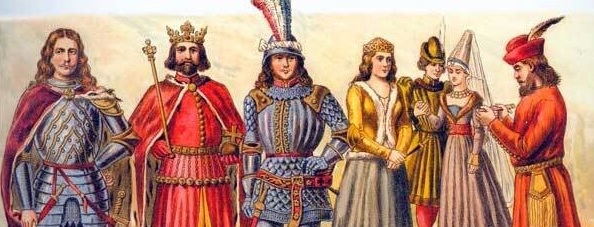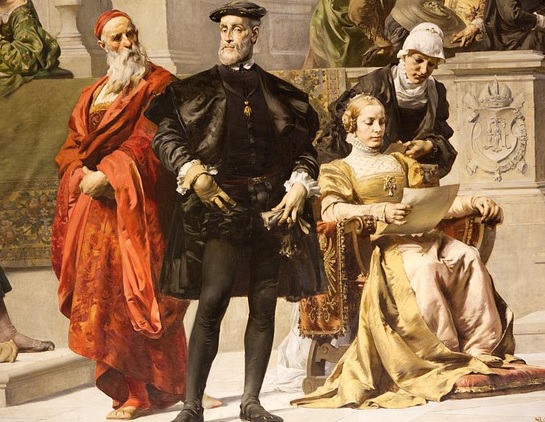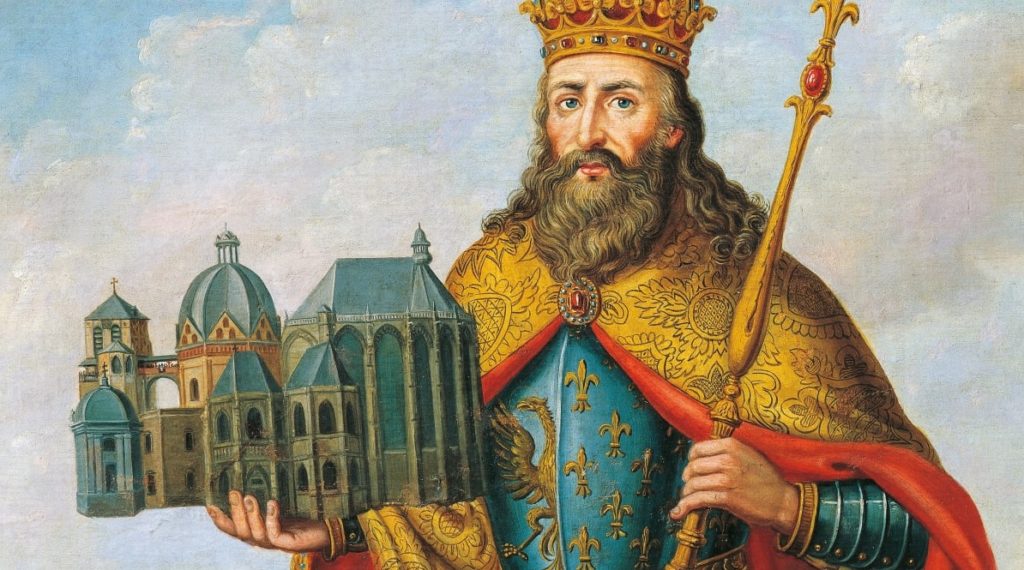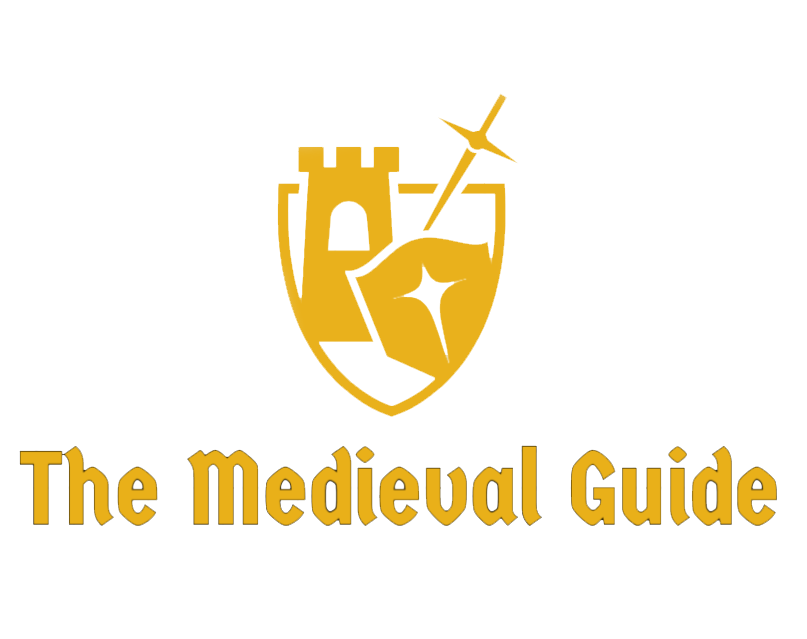During the medieval period, a noble was a person of high social class who possessed great land holdings and was a member of the aristocracy. These individuals held positions of power, influence, and wealth within the feudal system, which was the dominant political and social structure in Europe during the Middle Ages.
Let us take a closer look at medieval nobles and what they actually were.
Definition
A noble was a member of the aristocracy, a social class that held positions of privilege and influence within society. The aristocracy was made up of people who held titles of nobility, such as duke, count, baron, or knight. These titles were typically hereditary, meaning they were passed down from one generation to the next within a noble family.
Being a member of the aristocracy also often meant that a person was a wealthy landowner. During the medieval period, land was a primary source of wealth and power, and nobles held large tracts of land that they inherited or acquired through marriage or other means. The size and extent of a noble’s land holdings often determined their level of wealth and influence within society.
Ranks of Nobility
There were different ranks of nobility in the medieval period, and the specific rank of a noble often determined their level of wealth, power, and status within society.

At the top of the hierarchy was the monarch, who held the highest level of power and authority. Below the monarch were the higher nobles, such as dukes, marquesses, and earls, who held large land holdings and often served as advisors to the king or queen.
Below the higher nobles were the lower nobles, such as barons and knights, who held smaller land holdings and often served as soldiers or administrators. These lower nobles were sometimes referred to as the “lesser nobility.”
Privileges and Responsibilities
Nobles enjoyed a variety of privileges, including the right to own and inherit land, the right to collect taxes from their tenants, and the right to participate in the political and legal affairs of their society. They were also often exempt from paying taxes themselves, and they were not required to perform manual labor.

In addition to these privileges, nobles also had certain responsibilities. They were expected to defend their land and people in times of war, and they were also required to provide military service to the monarch if called upon. Nobles were also expected to act as leaders within their communities and to serve as examples of moral and ethical behavior.
Related article: Medieval Lord Duties and Responsibilities
Lifestyle
The lifestyle of a noble was often luxurious, as they had access to wealth, resources, and leisure time that was not available to the lower classes. Nobles lived in grand castles and mansions, and they often employed large numbers of servants to take care of their daily needs.
They were highly educated and were expected to be knowledgeable in a range of subjects such as literature, history, and politics. As a result, they were often involved in cultural activities like music, poetry, and theater, and they enjoyed outdoor sports like hunting as a form of leisure.
Related article: Daily life of a noble in medieval ages
Decline of Nobility
The medieval noble system began to decline in the late Middle Ages as the power of monarchs grew and the influence of the aristocracy declined. The rise of strong, centralized monarchies, which were able to effectively exert control over their territories and subjects, diminished the power and influence of the nobility.
These monarchs often relied on a professional, centralized bureaucracy to administer their domains, rather than the feudal lords and nobles who had traditionally held positions of power within the feudal system.

The rise of the middle class also contributed to the decline of the nobility, as the growth of trade and commerce (as well as the expansion of towns and cities), created a new class of merchants and entrepreneurs who were not tied to the land and the feudal system. These individuals gradually acquired wealth and influence – soon they began to challenge the traditional social and political order, in addition to the growth of centralized monarchies.
Conclusion
In conclusion, a medieval noble was a member of the aristocracy who held a high social class, wealth, and influence within the feudal system. They enjoyed a variety of privileges and were expected to fulfill certain responsibilities, and they lived a luxurious lifestyle marked by leisure, education, and cultural pursuits.
The noble system declined in the late Middle Ages, but the titles and traditions of nobility continue to hold some significance in modern societies.
